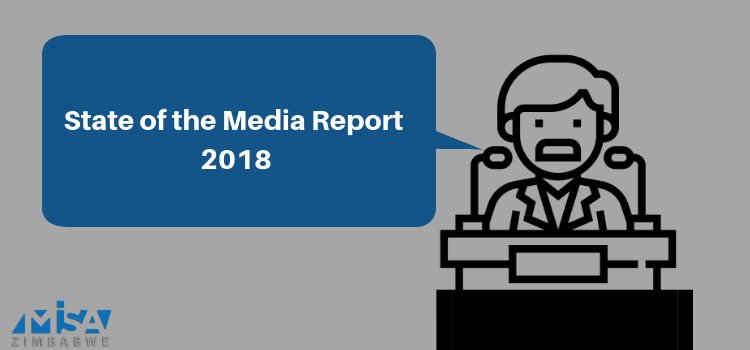In his inauguration speech on 24 November 2017 following Mugabe’s ouster, President Mnangagwa, said he would strengthen and ensure the pillars of democracy are respected in Zimbabwe.
This raised hope that he would move with speed and implement outstanding socio-economic and political reforms ahead of the 2018 elections. It is common cause that the elections came without implementation of the envisaged reforms.
The elections were poignant as they were supposed to cleanse Zimbabwe of its previously disputed election results and open the country’s socio-economic and political democratic space and retention of international goodwill conducive to foreign direct investments.
Regrettably, as 2018 came to a close, a year after President Mnangagwa’s post-coup leadership and five months after the July elections, the outstanding reforms were still to be implemented.
Laws such as the discredited Access to Information and Protection of Privacy Act (AIPPA), used to license and regulate the media; the Official Secrets Act (OSA), to broadly embargo information held by public bodies and the Broadcasting Services Act (BSA), to hinder free establishment of private radio stations, remained entrenched in the country’s statutes.
Other restrictive laws include the Public Order and Security Act, Censorship and Entertainment Controls Act (CECA), and the Criminal Law (Codification and Reform) Act. This should also be viewed against the government’s accelerated efforts to introduce the cybercrime laws, generally perceived as intended to curb free speech online.
These laws essentially curtail citizens’ right to freedom of assembly and association, demonstrate and petition, including the right to freedom of conscience, as provided for by Sections 58, 59 and 60 of the Constitution as well as Sections 61 and 62 which protect the right to free expression, media freedom and access to information.
Encouraging though is that President Mnangagwa in his State of the Nation Address to the 9th Parliament of Zimbabwe, singled out AIPPA and BSA as among the laws that will be tabled for amendment.
That as it may be, the question being generally asked is whether the President will live up to his promises and whip his ruling Zanu PF with its two-thirds parliamentary majority, to play ball and not scupper the long overdue media laws and policy reforms.
To access the full report, visit our Resource Centre under State of the Media reports, or click here:









